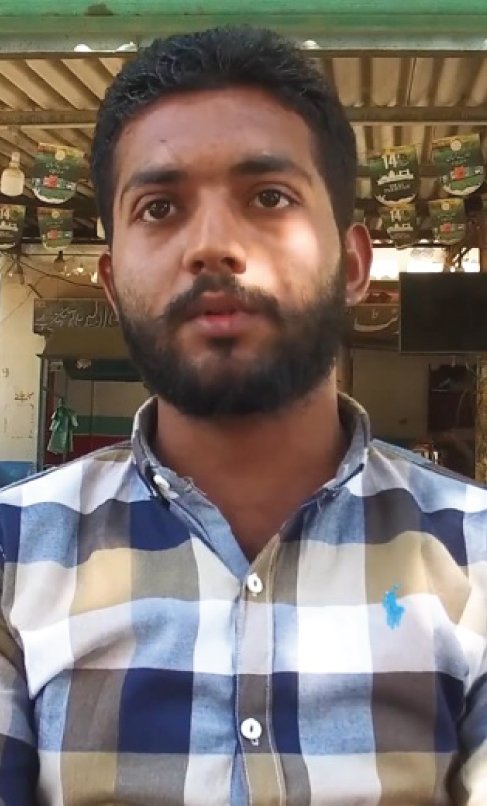Stories of our Beneficiaries
These are case studies of different individuals who have been part of our programmes and their experience of how our interventions changed their lives.
Marium Siddiqui
When you’re an artist, the world is your canvas. Except, no one ever tells you that the canvas has a lot of rules.
There is a certain stigma around artists in our society despite a rich culture of traditional art like Mughal, Indus etc. The worth of the art is determined by the beholder and not the artist. For an artist to assert the real price of their art in a market, they must know how to pitch the concept of their art – and that is what I learned during my time with SEED Ventures’ DELTA.
I am the owner of Marium Art. Painting landscapes, seascapes, and calligraphy is my passion and business venture. Passion alone cannot drive your sales, and that is why I needed to learn about a brand’s target audience, digital marketing, online and offline investment and, most importantly, the concept of pitching an idea. In addition, I learned about business registration and its benefits and exporting paintings, from which Pakistan also generates revenue.
In an age of digital art, I want to keep the frame of traditional art alive. Ever since I started Marium’s Art in July 2020, I’ve been able to convey this message through my actions and not just words of passion.
Moving towards a more cultured society, I envision Marium’s Art becoming a statement for small businesses focusing on traditional art. I am counting on SEED Venture’s support in making an artist’s world an easier canvas to paint on.
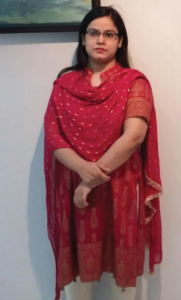
Saro Imran
I am working for transgender rights and empowerment since 2013 with different national and international organisations. During my work, I have seen that the majority of human rights violations against transgender people, especially trans women, occurs because they are financially dependent on their abusers. While doing my MPhil in Entrepreneurship, I did my thesis in understanding opportunities and obstacles faced by transgender entrepreneurs in Pakistan.
I decided to initiate something for the economic justice and financial rights of transgender people. Transgender people are excluded from the economic platforms, and this is the root cause of all the major issues linked with the transgender community.
I applied for the Impact Link programme and was selected for the boot camp. I have learned a lot of new things during the program like digital marketing, idea pitching, donor and investor mapping, and financial management. This has been the best training that I have received so far. It has given me the confidence to change my idea into an organisation and I developed PINK Skills and Training Centre to make and build a circle of innovative arrangements across different organised verticals to achieve an economic change for transgender people in Pakistan. The mission is to boost transgender entrepreneurship in Pakistan as a tool for their socio-economic development through capacity building, training, micro-financing, mentoring, and resource mobilisation.
I want to make PINK Skills and Training Centre a sustainable platform for transgender entrepreneurs in Pakistan. We have developed an entrepreneurship module for transgender entrepreneurs; we have done the mapping of transgender entrepreneurs in Lahore, which are around 70 approximately; we are going to provide entrepreneurship training to transgender people; and we are in the process of making Pakistan’s first transgender incubation lab, and will roll out training with SEED. I am inspired by the concept of PINK economy: the money and resources generated by the transgender businesses contributed to the economy.
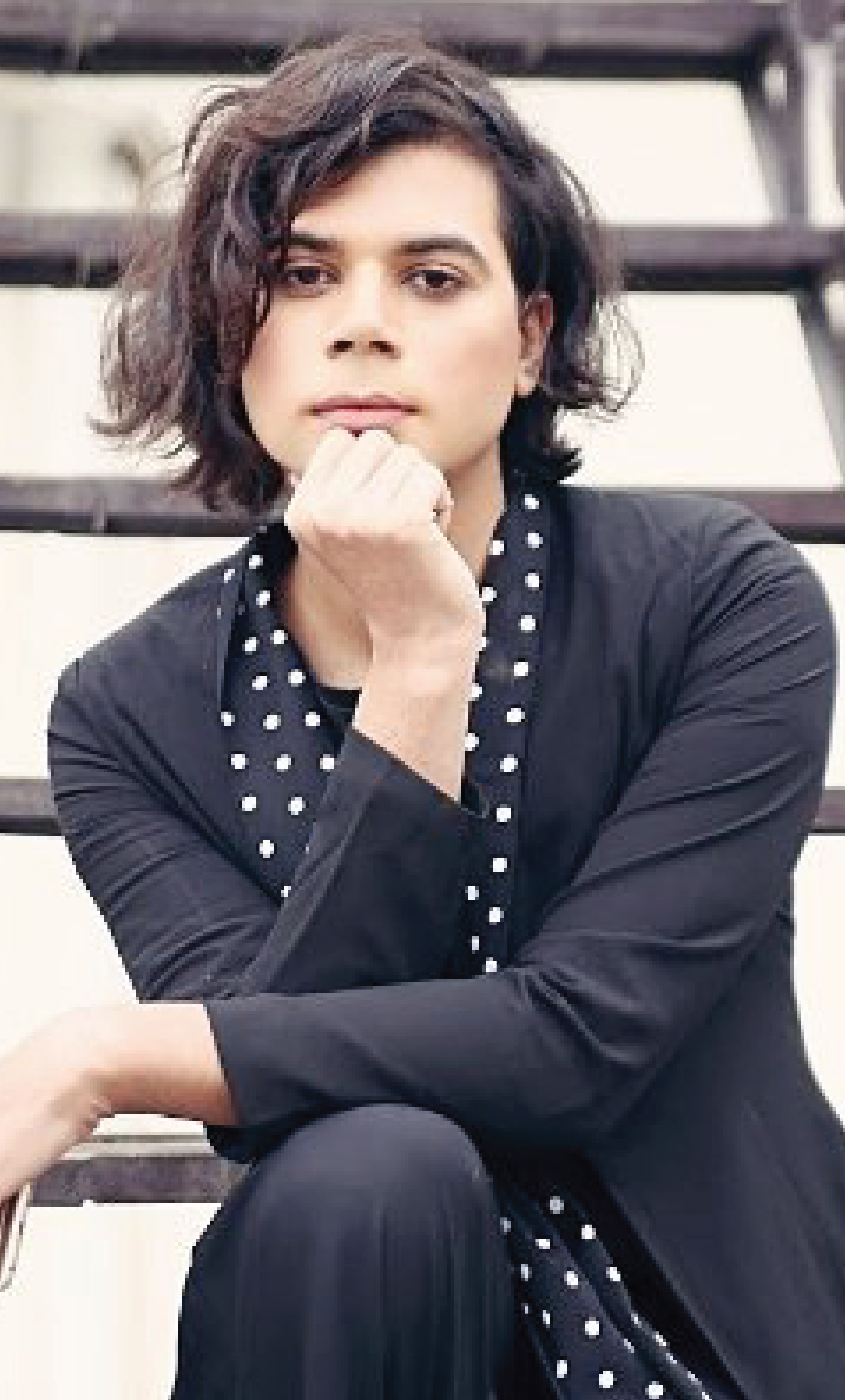
Lubna Shahnawaz
For some people, a dream is something they chase after all their life. Ever since I was a little girl, I knew my dream would come true. My father loved what he did for a living – he used to have a press/iron garments business. Business was in my blood.
I started my first business when I was in the ninth grade. I ran a canteen for about a year until I was married. Marrying young was not a choice but I was grateful for the partnership because, even though my family did not support women in business, my husband did. The needs of my family pushed me to accomplish something which I never thought I’d be able to achieve.
I finished my studies and simultaneously started my very own clothing business by using the money which I received in my dowry. It was time to turn my dream into a reality. Like my father, I was interested in the garment business. When I started, sales and growth were scattered. Both I and my husband agreed that there was a lack of market knowledge and business experience. He introduced me to the DELTA Women Incubation Programme and encouraged me to apply.
I was called over for an interview at SEED’s office where I met the management team and other applicants. The energy was so different and it felt right.
I connected with other women who were on the same page as I was. Everyone had their own story. Everyone was there for a common goal which was to grow. When the pandemic hit, RAST and SEED Ventures supported us, which strengthened my decision-making skills. With this support, I introduced my brand with the name “Wajood”.
True to its name, my dream came into “Wajood” (existence).
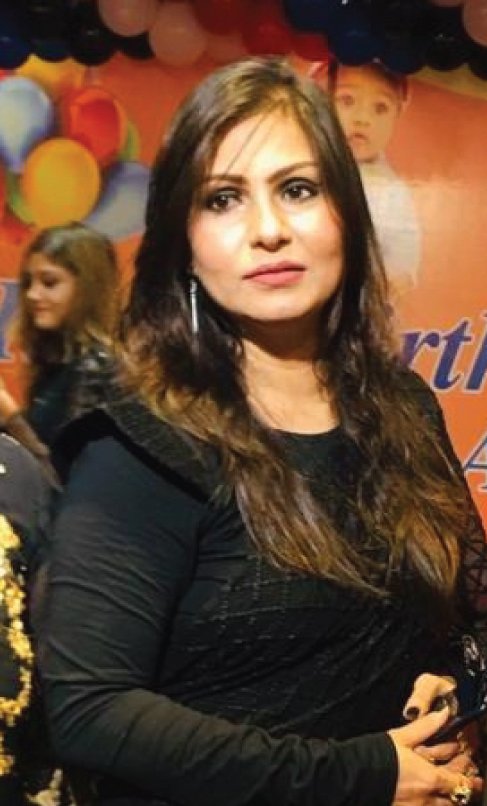
Eeman Danish
My small business is called Emaanz Peekaboo. It’s a creative and interactive collection of toys that are hands-on. Making things from scratch was a hobby I’ve had for a while, so, when my baby brother was born, I started making him all sorts of small trinkets to keep him away from playing with phones and online games.
There was a lot of wood scrap in my father’s garage so I set to work and made my first ever activity board. My brother loved it so much – I tried my hand at making door tags, fridge magnets, paperweight holders and photo frames too. We would often work on these things together and it was a super fun activity for both of us.
When I was first selected for the RISE Incubation Programme, I had so many ideas it was hard to pick just one. With the help of my mentor, I came to understand how important it is to focus on one idea at a time.
My first ever eco-friendly toy was developed during the RISE programme. The toy was a Pakistani Doll named Fizza who comes with a story-book and a changeable dress. Fizza herself is 100% plastic-free, making her Peekaboo’s first eco-friendly toy. Compared to the iconic Barbie doll, Fiza does not produce any sort of plastic waste. Every time someone purchases a Fiza doll, Peekaboo will plant a tree.
My vision is to create a greener Earth with my venture – supported by the people at SEED Ventures, I want to make a social impact with Peekaboo.
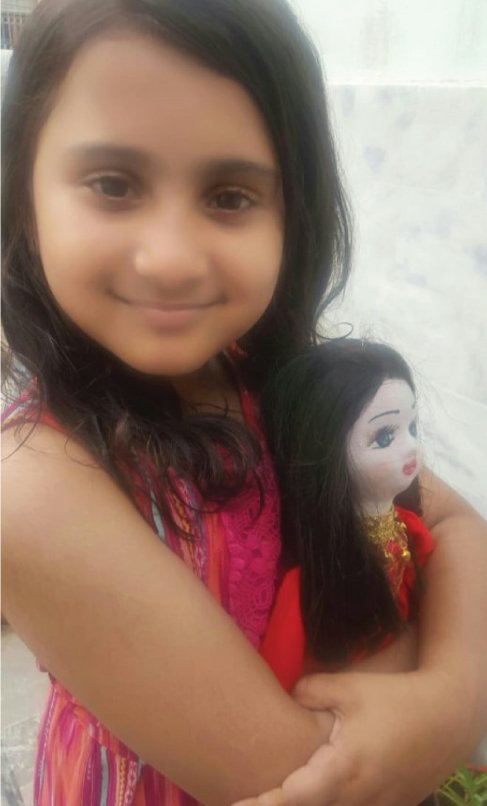
Fatima
In Gilgit, women often have limited employment opportunities and face several barriers such as traditional gender role expectations and physical mobility issues. As a result, many women are unable to work and those who manage to set up home-based businesses are unable to generate sufficient income. Fatima, 15 years old, hails from Hunza, Gilgit and her team emerged with one of the best social enterprise ideas while competing with 52 teams across Pakistan in Enterprise Challenge Pakistan 2020.
Their idea proposes an e-commerce platform for female-run businesses in Gilgit which will connect them with customers and industries beyond their physical reach. Their team is currently in the process of receiving mentorship by SEED Ventures, which will assist them in outlining a sustainable business model against their cash prize of GBP 3,000.
“When girls and women are economically dependent, they can’t make decisions for themselves,” Fatima says. “This platform will allow them to become economically independent. It is my dream to be able to make women economically independent so that they can make their own decisions.”
Fatima also hopes to involve the local community including her family, friends, and other contacts through targeted digital ads to up-start her team’s idea. “My uncle’s wife makes lots of handicrafts and she’s already said that she’s interested,” Fatima explains.
Reflecting on the benefits of taking part in Enterprise Challenge Pakistan, Fatima says, “Business pitching was the most useful skill that I learned. I want to create businesses in the future and now I understand how to pitch to potential investors.”
She also wishes to encourage other young people to participate in this programme. She says, “Whatever subjects you’re studying, entrepreneurship can be for you. Don’t dismiss it, because entrepreneurship is for everyone.”

Kamran
My name is Kamran and I suffer from a disease that has deteriorated my bone strength. As a result, I had multiple fractures every year and my walking ability has also worsened. I am also the sole breadwinner for my family. Since I cannot walk or move swiftly, I became a locksmith and key maker.
When I joined SEED Ventures’ programme, my daily income was approximately Rs. 200/-. I also remained angry most of the time, which had a direct impact on my work. Some days I would get really out of control and start shouting without knowing the reasons. This attitude was a major reason for a decline in my customer relationships. But I never stopped working hard. I wanted to be better and I attended each class of all modules with the hope that I might change.
Apart from acquiring new skills, I became highly positive and motivated and I started building better relations with my customers.
I also decided that, if I had an automatic key-making machine, I could save time and effort and cater to many more customers. Due to my health conditions, this would make my work easier too. When I presented this idea to SEED Ventures, they gave me a cash grant of PKR 20,000/- to allow me to buy an automatic key-making machine. After a while, my daily income increased from Rs. 200 to Rs. 350. I was able to run my business successfully in Lyari and I am grateful to SEED Ventures for its support.
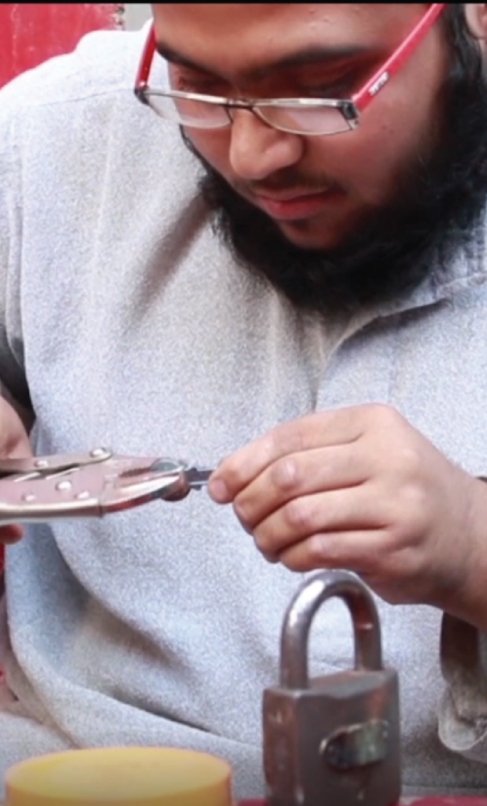
Kamran Tariq
It’s so difficult to find a place to belong in a business industry when it is growing and adapting every day. I am an ordinary guy with a dream of owning a very small business. The struggle of small business owners is not widely known. However, it has gained awareness since the COVID-19 pandemic hit and damaged the sales and growth of many small business owners, leaving them to struggle for their survival. Small business owners like me.
I cannot even express how devastated I was. I had no one who could help me in such crucial times. It was then that I met an old friend who was part of the first cohort for DELTA Youth programme. He kept on insisting I try this programme although I had no hope from anyone. I decided to take my chances.
My business was built on the supply of V-Belts which are used in water motors and different types of machinery in factories. My job involved picking up material from the market and supplying it to companies. The profit margin was small and I had no idea how to maintain that with the difficulties in the pandemic. After joining the programme, I started to feel that there was so much that I could do with this business and that, even though it was small, nothing was stopping it from becoming big. This programme helped me look at my business from a whole new perspective.
The training and mentoring I received through this programme helped me shift to a growth-oriented mindset. I am deeply grateful to SEED Ventures; they went above and beyond their scope to help us adjust to the pandemic. They kept us engaged even when learning seemed to be a challenge and, throughout the incubation cycle, they supported us in every possible manner. For small business owners like myself, I believe DELTA is a great platform. It recognises us and views us as large industries of tomorrow – that start as small businesses, just like mine
